Health Expo empowers NSF students

·
A Health Expo hosted by Navitas Skilled Futures Canberra in December is empowering migrants and refugees to prioritise their health and live their best lives.
The expo, run over two weeks with sessions from multiple ACT health service professionals, covered a range of topics on general health, mental health, sexual health and specific medical issues to men and women.

Navitas Skilled Futures Academic team Leader Sharon Gilbert said the expo sessions, timetabled across all classes, including evenings, weekends and online, were a great example of services working together to address an important need in the CALD community.
“Health is important to all of us,” Sharon said. “But for members of the CALD community it is not always as easy to understand or to access health services.
“These sessions have been designed to provide critical information and achieve greater health literacy among a group of people who otherwise might overlook or even ignore health-related issues.”
The education sessions were presented by Canberra Health Services (CHS), Cancer Council, Canberra Sexual Health, Menslink, BreastScreen ACT and Asthma ACT. Most sessions were split into male and female groups to enable targeted information in a culturally sensitive environment. Bilingual support was also provided for low-level English classes.

Women’s Health Practice and Inclusion Nurse Faye Salcedo, from the Women’s Health Service at CHS, coordinated the presenters and helped plan the content and delivery with Navitas Skilled Futures.
Faye said her own migration experience 10 years ago made her acutely aware of the difficulties people from non-English-speaking backgrounds had “navigating a complicated health care system as a new migrant”.
“The language barrier has a huge impact on people’s health, both in understanding the system and being able to access it. So the main purpose of these sessions was firstly, to raise awareness, and secondly, promote our services, as well as encouraging students to make sure that they prioritise their health.”
Faye said trauma, trust issues, cultural sensitivities and financial disadvantage also played a part in people not accessing available medical services
“Language is a huge barrier for people with English as a second language to go to GP practices, because they can’t even start with their story. Sometimes they might use family members as interpreters, which can also have issues, because they can’t always say what they really want to say,” she said.

Faye said some of the sessions included medical realia, such as cervical screening kits, bowel screening kits and medical breast models with lumps to provide familiarisation and engagement.
“For women in particular of certain cultures it is also about normalising and destigmatising sexual health,” she said.
“I have met with women who haven’t seen a doctor in 20 or 30 years and have been living with something that could have been treated.”
Faye said after health sessions such as the expo at Navitas Skilled Futures CHS often saw an “influx” of people who finally felt empowered to address their health issues.
“Everyone in Australia is entitled to access the public health system. These sessions will hopefully help more people from CALD communities know about and feel more comfortable using the services that most Australians take for granted.”

